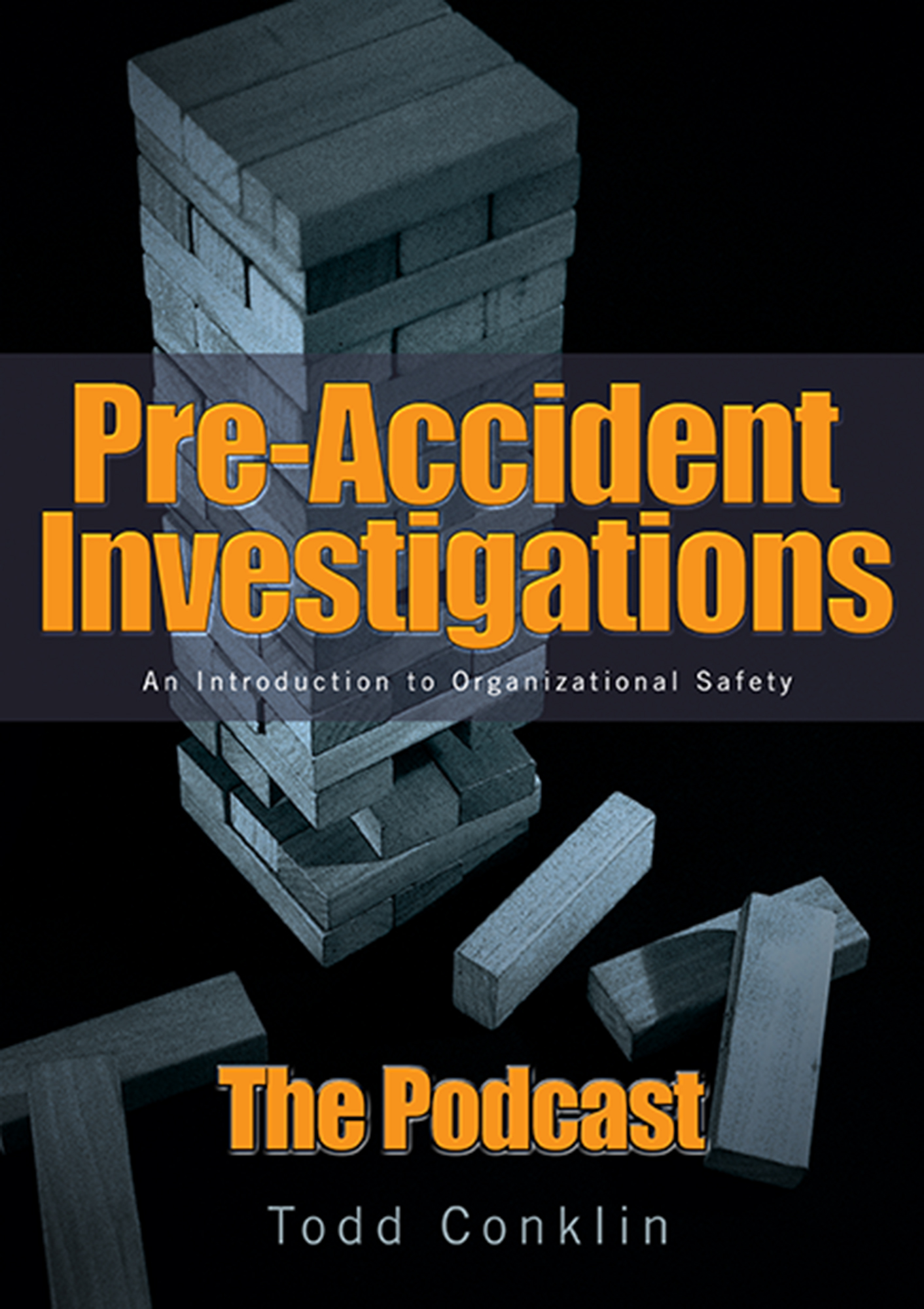

In this thought-provoking episode, Todd Conklin investigates the seldom-discussed downside of success - complacency. With his signature blend of insight and practicality, Todd challenges the prevalent notion of complacency as a choice, arguing that it is, instead, a function of system stability.
Many organizations, he observes, see complacency as a behavioral fault to be stamped out. Yet, he contends, this understanding is flawed and counterproductive. Instead of regarding complacency as worker failure or sin, Todd urges us to see it for what it truly is - a byproduct of a stable system where nothing bad seems to be happening.
The real challenge and solution, Todd suggests, lies in managing complacency through variability. He propounds that recognizing complacency as an inherent part of a steadily functioning system enables us to counter it more effectively. And the task is not as daunting as it appears because our systems, by nature, are attuned to such variability.
In the end, Todd leaves us with a compelling message for the day: Keep learning, have fun, be good and kind to one another - and most importantly, stay safe.
 PAPod 583 - When Normal Variability Breaks: The ReDonda Story
This episode previews a small workshop in Santa Fe where Todd Conklin, Ann Lyren
PAPod 583 - When Normal Variability Breaks: The ReDonda Story
This episode previews a small workshop in Santa Fe where Todd Conklin, Ann Lyren
 PAPod 582 - Accountability vs. Blame: Who Really Owns Safety?
Todd Conklin breaks down why accountability is an act of clarity, not blame or d
PAPod 582 - Accountability vs. Blame: Who Really Owns Safety?
Todd Conklin breaks down why accountability is an act of clarity, not blame or d
 PAPod 581- Measuring the Invisible: When 'Nothing Happened' Breaks Safety Metrics
Todd Conklin explores why its so difficult to measure events that never happen a
PAPod 581- Measuring the Invisible: When 'Nothing Happened' Breaks Safety Metrics
Todd Conklin explores why its so difficult to measure events that never happen a
 PAPod 580 - Start Right, End Safe: Building Better Encounters in 2026
Todd Conklin opens 2026 reflecting on why how we begin interactions and jobs mat
PAPod 580 - Start Right, End Safe: Building Better Encounters in 2026
Todd Conklin opens 2026 reflecting on why how we begin interactions and jobs mat
Got a question, press inquiry or idea you'd like to share? Contact us through the form below and let us know how we can help.